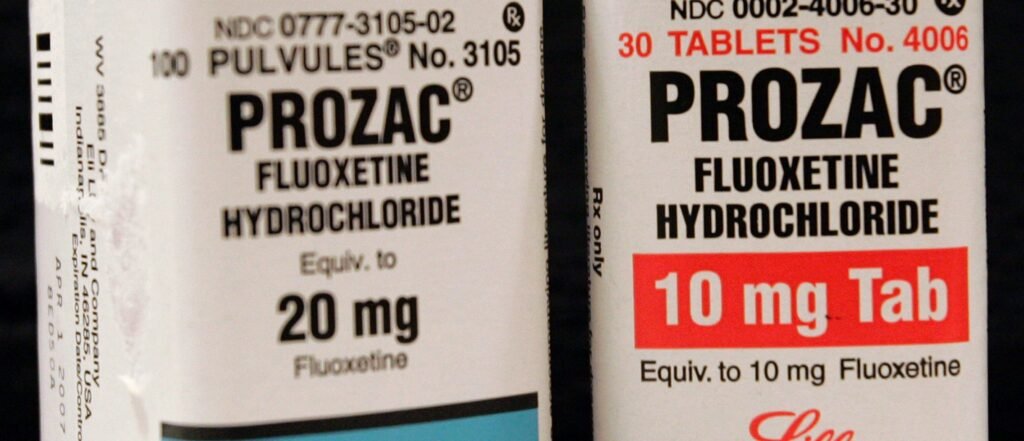As discussions around banning direct-to-consumer (DTC) drug ads heat up, critics of the pharmaceutical industry frame it mostly as a move against “big pharma.” Yet, this populist narrative might obscure a more concerning shift: the normalization of restricting free speech, which could have implications for those who cherish the First Amendment, especially as these tactics could easily spread to other sectors, like energy.
Proponents of the ban argue that drug advertisements deceive the public, inflate healthcare costs, and ultimately pose health risks. Interestingly, climate activists use similar claims in their battles against traditional energy sources, pointing fingers at energy companies for misleading the public about coal, oil, and natural gas while ignoring the scientific debate surrounding climate change. This ongoing debate is compounded by a slew of lawsuits aimed at destabilizing the current energy industry.
Despite their push for climate-friendly technologies, activists often overlook the unforeseen costs stemming from bad weather, missing out on the potential benefits of efficient practices, whether related to climate change or otherwise. Additionally, they assert that the so-called “climate crisis” serves as a public health crisis, as noted by organizations like the World Health Organization.
One might wonder: how can oil and gas promotions or ads for gas-powered cars be viewed as holding the same risk level as drug advertisements? When the government starts asserting control over commercial speech based on broad debates about social impacts, it raises concerns about where that logic leads. If the promotion of cholesterol medications can be labeled as a health hazard, what would prevent future administrations from deciding that advertising fossil fuels is equally detrimental? Or, does that imply pickup truck commercials might also be contributing to a public health issue?
Interestingly, environmental activists have already drawn parallels between fossil fuel companies and tobacco firms, advocating for similar advertising restrictions. Cities like New York, Los Angeles, and Portland are challenging fossil fuel advertising completely, posing the possibility of this spreading nationally—not as a mere environmental initiative but as a public health necessity.
Take, for instance, the controversy surrounding gas stoves. Critics claim they release harmful pollutants. Would a sympathetic HHS secretary be justified in banning TV promotions for gas ranges or preventing automakers from advertising traditional combustion engine trucks? Enabling unelected officials to censor commercial speech in the name of “public health” could lead to a slippery slope, setting a dangerous precedent.
Some advocates note that the U.S. is among the few countries allowing DTC pharmaceutical ads. At the same time, it also retains market-driven energy policies, unlike many European nations that pursue ambitious net-zero targets. So, whether discussing free speech, energy, or industrial policy, the U.S. has not typically followed Europe’s lead, and it might be better off that way.
The right to promote legitimate products is protected by the First Amendment. The Supreme Court maintains that restrictions must be closely aligned with significant government interests. A ban on advertisements, whether for drugs or fossil fuels, fails these tests, essentially replacing consumer judgment with the views of administrative ideologues.
The direction of America’s energy landscape should be guided by innovation, consumer choices, and open discussion—not bureaucratic censorship. If officials can leverage health concerns to limit disfavored ads today, they might just as easily extend that power to energy companies in the future.
The proposal to ban such ads is more than just a flawed policy; it’s a potential Trojan horse. If pushback doesn’t happen now, don’t be surprised if the next “public health emergency” turns out to be something like a gas stove or fuel tank.







